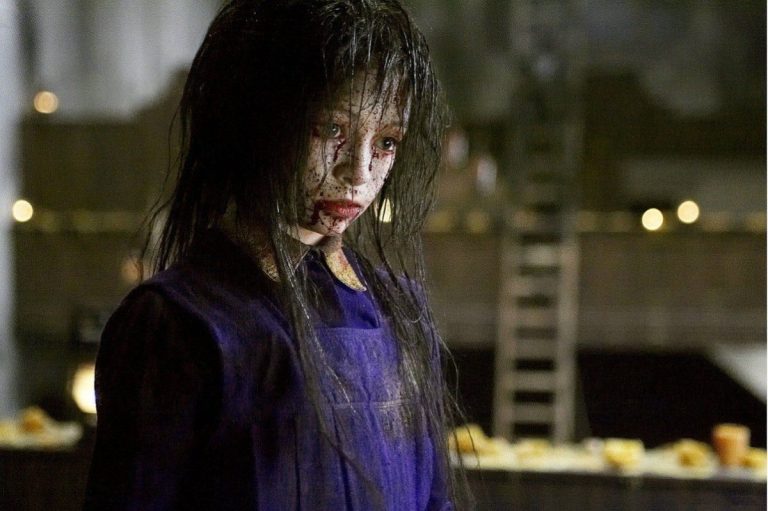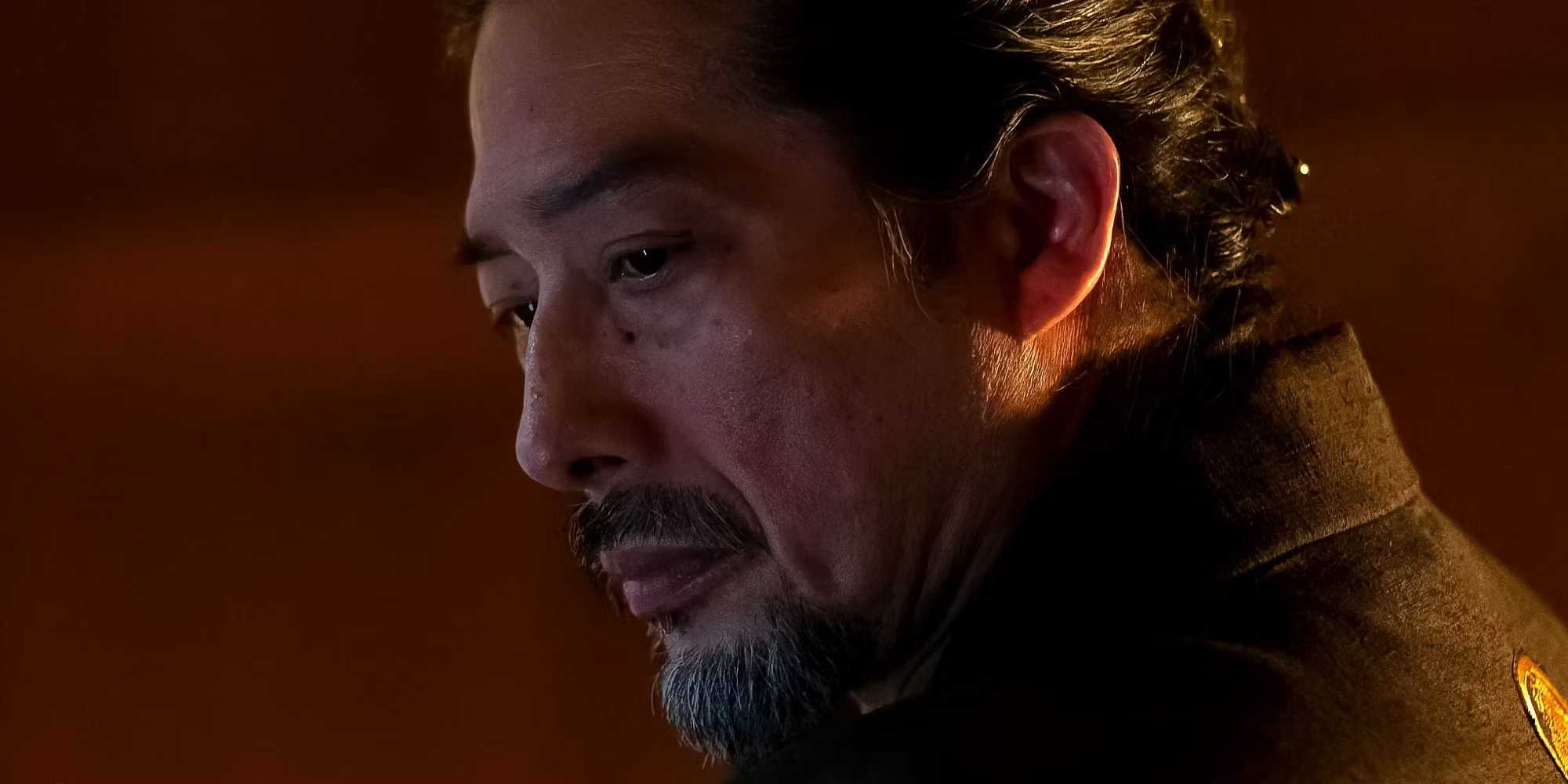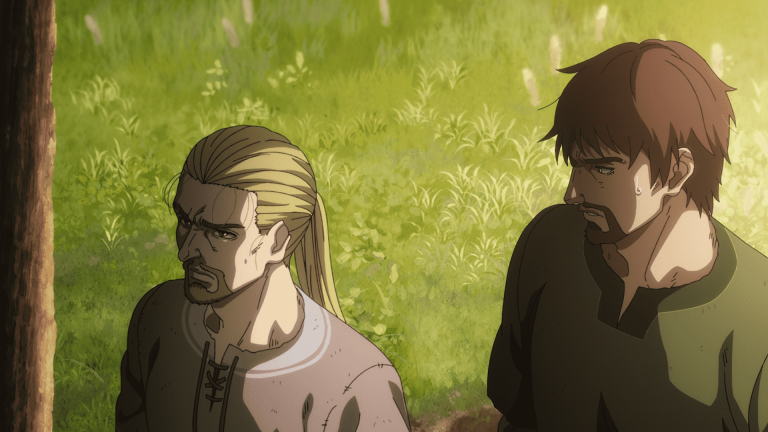Has this ever happened to you that you thought of doing a project, but you left that idea unworked, and someone did the project without you discussing the idea with any person at all? Yes, thoughts travel because they are often based on observations. Perhaps filmmaker Asghar Farhadi’s case is not entirely the same as the aforementioned concept, but yes, something similar happened to him. Renowned filmmaker Asghar Farhadi was charged with plagiarism regarding his 2021 film “A Hero.” The complaint against Farhadi was made by his former student Azadeh Masihzadeh. Fortunately, Farhadi’s name has been cleared up, and the charges have been proven vague.
The legal case had been ongoing for two years and it has finally been cleared by the Iranian court.
What was Asghar Farhadi’s plagiarism case all about?
One of Asghar Farhadi’s former students, Azadeh Masihzadeh, claimed that the filmmaker’s 2021 film was based on the documentary she’d made in one of his Tehran-based filmmaking workshops in 2014. Both Masihzadeh’s documentary and Farhadi’s narrative were inspired by a real-life incident in 2011, where a man in Iran, while on furlough from a debtors’ prison, discovered a bag of gold coins and chose to return them to their owner instead of keeping them for himself.
The legal battle persisted for two years before the Iranian court finally ruled the case in favor of Farhadi. The court’s decision came after three professors from the University of Tehran, who are experts in intellectual property rights, gave testimony. Farhadi’s legal win is highly credited to them as their statement influenced the court’s decision. The professors provided a testimony that was against the appellant.
They made a significant argument that events such as the 2011 incident are considered public property and open to interpretation by multiple individuals. Just because Masihzadeh made her documentary first, and Farhadi was aware of it, did not mean she had a unique claim to the material.
Furthermore, the court scrutinized various versions of Masihzadeh‘s documentary as well as hours of footage from Farhadi’s filmmaking workshop to ensure that the two works resembled each other. After hours of investigation, the court concluded in favor of Farhadi. This suggested that there was not sufficient evidence of plagiarism or substantial similarity between the two works.
During the time the court’s decision was announced, Farhadi was not in Iran as he was busy with his filmmaking gig in Los Angeles.


![Eyes Without A Face [1960] Review: A Masterwork of Surgical Filmmaking](https://79468c92.delivery.rocketcdn.me/wp-content/uploads/2018/09/eyes-without-a-face-screenshot-3-768x432.jpg)



